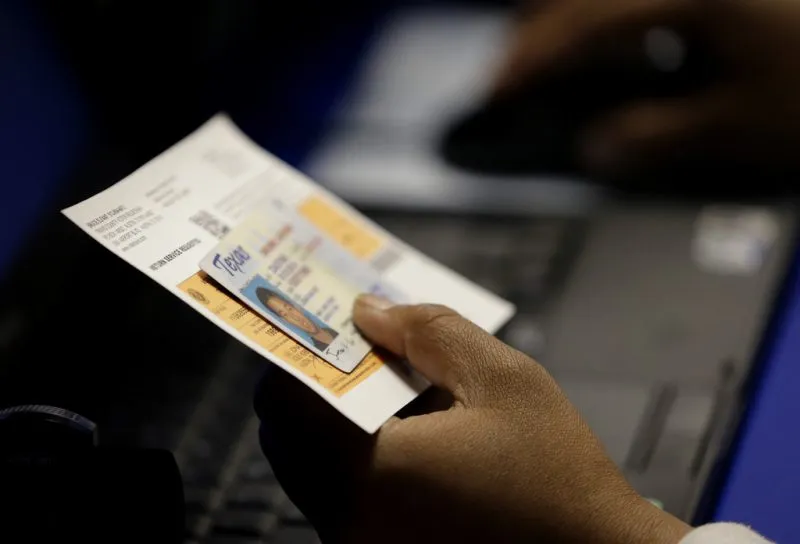Understanding Voting Restrictions in the 2024 Presidential Election: Who Cannot Vote?

Voting Restrictions Overview
As the 2024 presidential election draws near, numerous voting restrictions may impact voter eligibility. In the U.S., being at least 18 years old and a citizen are general requirements for voting, but individual state laws impose additional stipulations.
Felony Voting Restrictions
- Incarceration Impacts: In most states, convicted felons lose their voting rights while incarcerated.
- Probation & Parole: Half the states extend voting restrictions beyond incarceration to include probation and parole.
- Some states impose an indefinite loss of voting rights for serious crimes.
Voter Registration Requirements
Unless residing in North Dakota, registration is required prior to voting. States differ in their deadlines, often between three to 30 days before an election.
Identification Mandates
- Photo ID Needed: Twenty-one states require a photo ID.
- Non-Photo ID Accepted: Fifteen states accept alternative IDs like utility bills.
- Other means may verify identity where ID is not required.
Voting by Mail or Absentee
Absentee voters may face additional verification requirements, potentially altering their voting experience.
This article was prepared using information from open sources in accordance with the principles of Ethical Policy. The editorial team is not responsible for absolute accuracy, as it relies on data from the sources referenced.